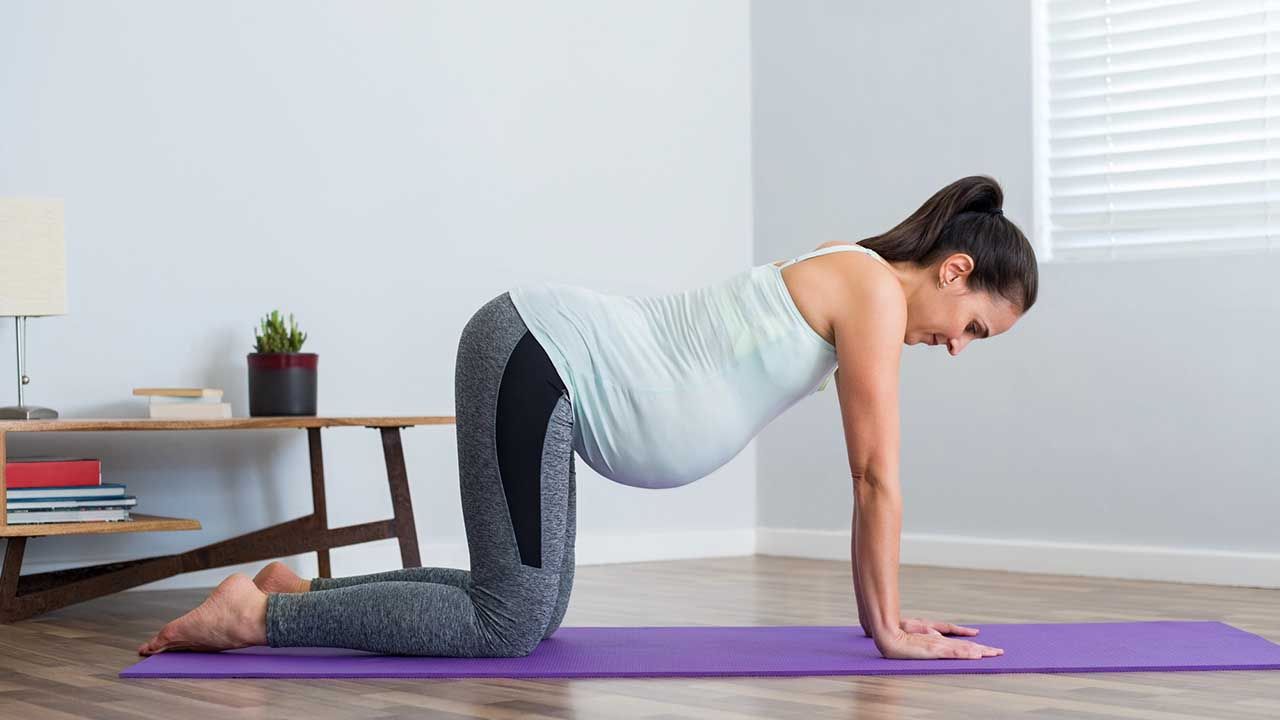The Pros And Cons Of Calorie Counting

Calorie counting; it's long been used as a method for 'explaining' nutrition. It places a value on ingredients, foods and drinks, and is often used as a tool for weight loss and weight management. But there are a number of reasons why that system may be flawed.
Scientists have known about these flaws for ages, but for the purpose of mainstream fitness programmes and the media, calorie counting tends to get simplified and the flaws ignored.
What are calories?
A special piece of equipment called a bomb calorimeter measures the calories in a food type by burning the food, then measuring the heat generated and using that to give it a value.
Here's why gauging your food intake with calories may not always work:
It can never be 100% accurate
That number that you see on food packages is typically an educated guess - research has indicated that the true calorie count may actually be a lot higher or lower than what is stated. The vast majority of foods on supermarket shelves don't get put through a bomb calorimeter.
When it comes to items such as fruit or veges, for example, an apple could be a big apple, a medium-sized apple, a small apple... Different varieties of apples may have different calorie values.
Batch-produced packaged foods may be unequally mixed, so you may get a muesli bar with more oats while another from the same batch may have more dried fruit.
If you buy a food that is raw, it can have a different calorie value once it's cooked, blended, chopped, boiled, grilled etc.
How your body processes calories
Your body may deal with the calories differently for a range of reasons. Hormonal imbalances, basal metabolic rate, how well your body absorbs the food (some parts of the food may not be absorbed at all)...
Calories don't tell you everything about a food
400 calories of chocolate or 400 calories of salad; it's the same number but nutritionally the foods are very different.
The number doesn't reveal everything about the food - especially when it comes to aspects such as fibre, vitamins, minerals and nutrients.
It can make you feel you need to 'earn' your food
If you have a set number of calories you're trying to stick to each day, it places numerical values on all of the foods you eat throughout your day. Will you feel free to eat birthday cake for a special occasion? To have special baking that your kids made? To share a takeout pizza with your family? To have popcorn on movie night?
It can be easy to become obsessed with calorie counting and it can encourage feelings of guilt around food.
Do you want to be counting calories forever?
For some people they do this and it works for them. However, we ask you to think about whether this is a method that you want to be relying on for the rest of your life; unless you use it as a temporary tool and focus on getting familiarised with portion sizes
Reasons why you might count calories
We like to look at both the pros and the cons of any system, so here's a few reasons why calorie counting may be helpful. The first is if you have a very specific sports-related goal in mind - for example, a body building competition, aiming for a goal weight that may be required for an event or team such as a fighting competition or rowing squad. This is typically controlled and constantly reassessed by a professional such as a nutritionist, personal trainer or dietician.
Another reason is using it to designate a different macronutrient split (i.e. if you want to be having 'x' calories from protein, 'x' calories from carbohydrate, and 'x' calories from fats). This could be used for following a diet with specific requirements such as ketogenic or high protein.
Calories can also be useful as part of a temporary food diary as an approximate assessment - so we aren't going to say here that it's necessarily bad to use calorie counting in your own nutrition tracking. At the end of the day it's still accurate that if you consume more calories than you burn you will gain weight, and if you consume fewer calories than you burn you will gain weight. However, now you know that there's more to it. As long as you know about calorie counting's limitations and bear them in mind.
Because of all of the above, we recommend a different method of assessing and monitoring food intake. Here's a post on using your hand to gauge portion sizes and why we prefer it.
Image / DepositPhotos









